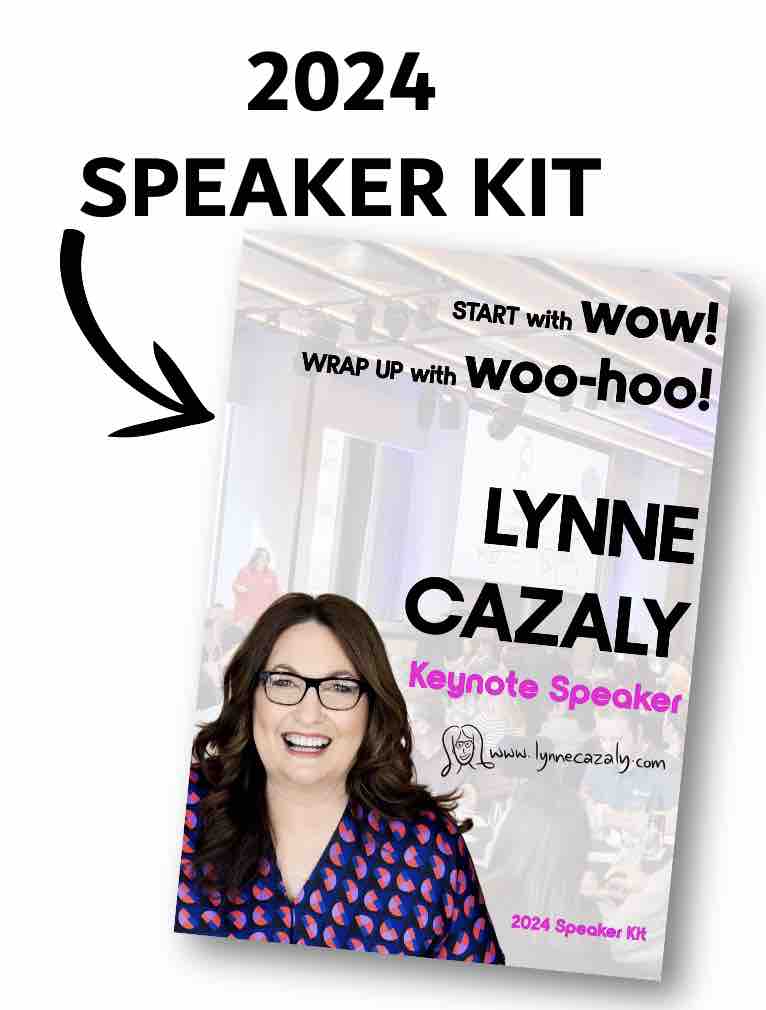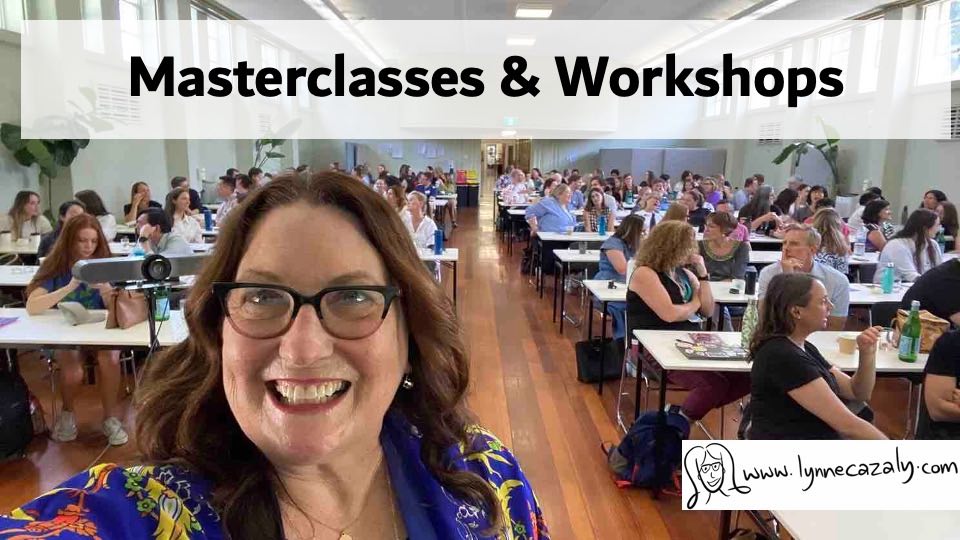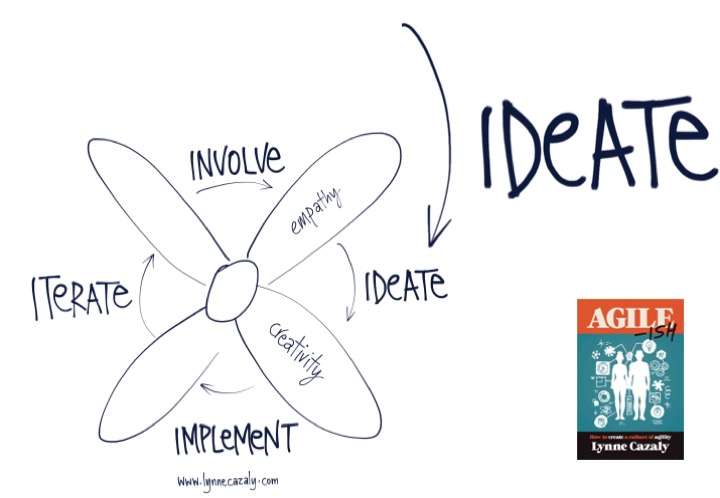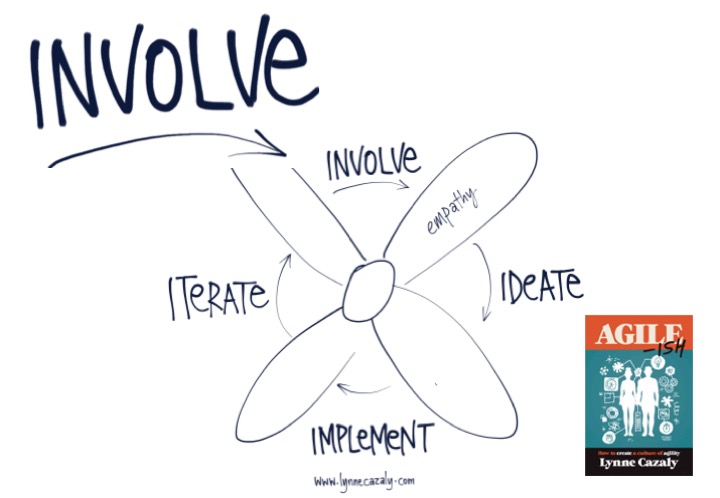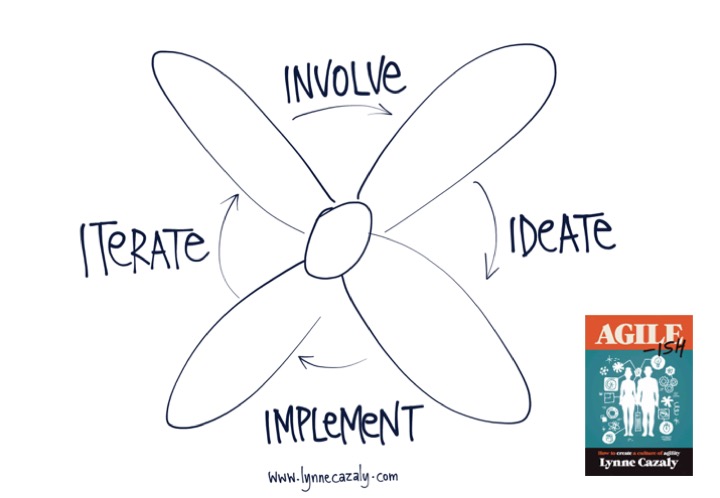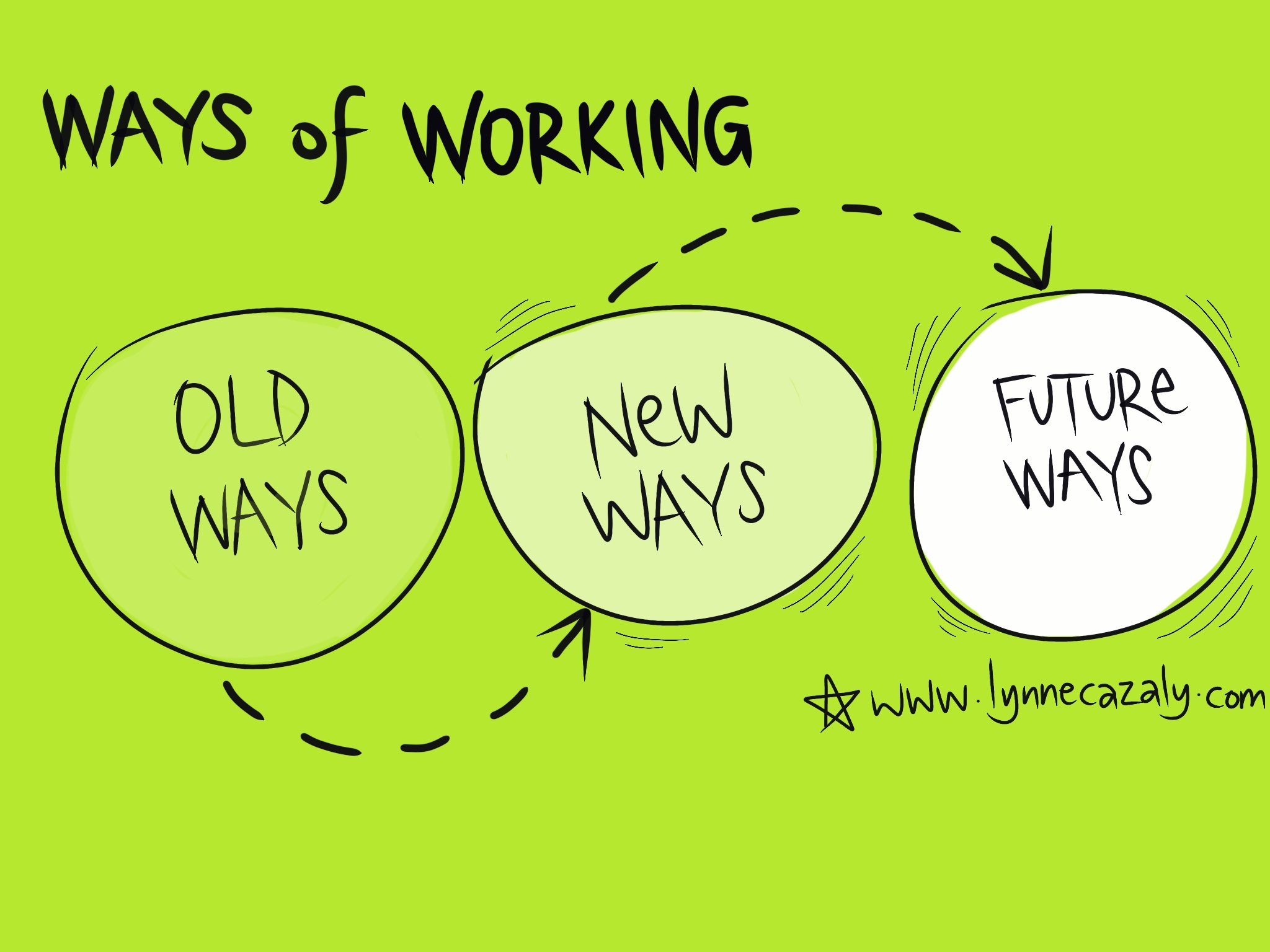New ways of working: what to do with those insights and ideas
 Sunday, August 11, 2019 at 10:14PM
Sunday, August 11, 2019 at 10:14PM  New ways of working: what to do with those insights and ideas.
New ways of working: what to do with those insights and ideas.
✅ Customer insights are on hand.
✅ Ideas have been generated. It's time to do something, to get into action with your good work.
Too often we think we need to find out more, keep working on something, finding out more more more. This is known as 'maximising', and it's not a good thing. It's linked to perfectionism, so no, not good. Rather, put those ideas out there and IMPLEMENT something; an experiment, a test, a pilot.
See if something you've thought of has value for your customers. Experiment and watch what happens. Once the experiment is done, take those insights and ITERATE; improve on your idea and go again with another experiment.
✅ There are plenty of customer needs.
✅ We have endless ideas.
New ways of working are focused on delivering value to customers, sooner. What counts is trying things out; not delaying or getting distracted.
To do this we need to:
1️⃣ Involve customers
2️⃣ Ideate possible solutions
3️⃣ Implement tests and experiments
4️⃣ Iterate and improve on the solutions.
What project you could apply this way of working to?

